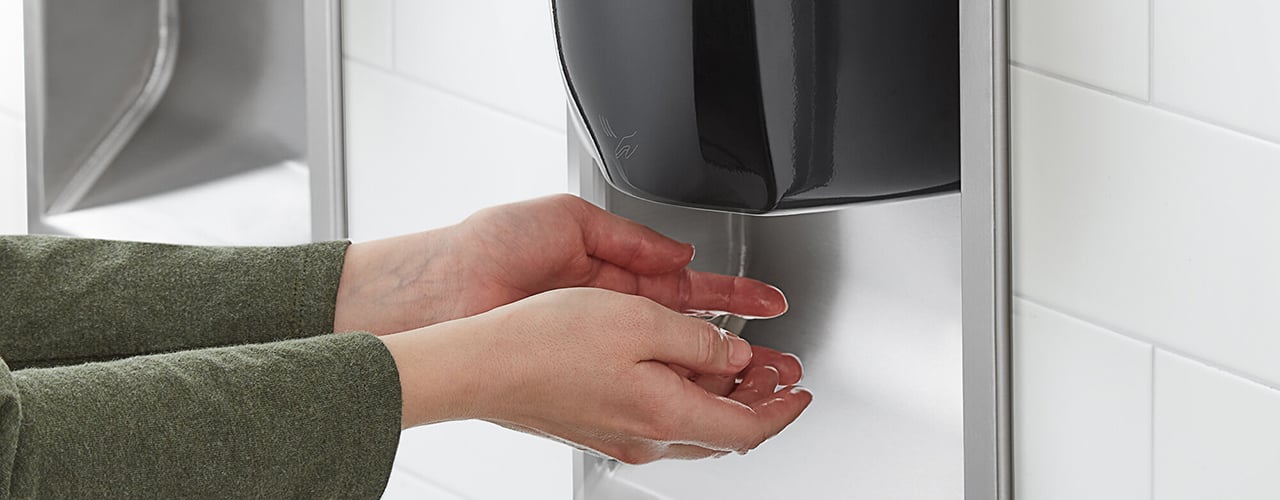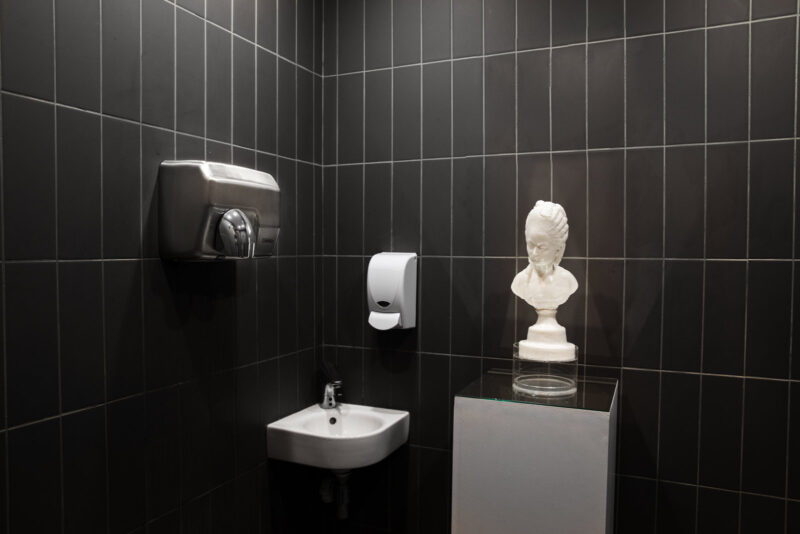In the realm of cultural institutions, cleanliness and hygiene are paramount in maintaining the integrity and appeal of the space. Museums, with their vast collections of precious artifacts and artworks, require meticulous attention to cleanliness to ensure the preservation and longevity of these treasures.
One often-overlooked aspect of maintaining cleanliness in museums is the use of hand dryers in restrooms. These unassuming devices play a crucial role in promoting good hygiene practices among visitors and staff alike.
By providing a quick and efficient means of drying hands, hand dryers help prevent the spread of germs and bacteria, ultimately contributing to the overall cleanliness of the museum environment. In this article, we will explore the significance of hand dryers in museums and their role in safeguarding these cultural spaces.
1. Importance of Hand Dryers in Museums

Museums, as cultural spaces, hold valuable artifacts and artwork that require a high level of cleanliness and preservation. Hand dryers play a crucial role in maintaining this cleanliness by providing a hygienic and efficient way for visitors to dry their hands after using restrooms or handling artifacts.
Unlike paper towels, hand dryers eliminate waste and reduce the chances of litter or damage to delicate items. Additionally, by promoting hand hygiene, hand dryers help prevent the spread of germs and bacteria, ensuring a safe and healthy environment for both visitors and the priceless treasures housed within the museum.
Their convenience and effectiveness make hand dryers an essential tool in the upkeep and maintenance of museums worldwide.
2. Benefits of Hand Dryers for Maintaining Cleanliness

Hand dryers provide numerous benefits for maintaining cleanliness in museums and other cultural spaces. Firstly, by utilizing hand dryers instead of paper towels, establishments can greatly reduce waste and contribute to a more eco-friendly environment.
Additionally, hand dryers are more hygienic than paper towels, as they eliminate the risk of cross-contamination from shared towel dispensers. Moreover, hand dryers are more efficient in drying hands quickly, promoting shorter wait times in restroom areas and leading to a more efficient flow of visitors throughout the museum.
Overall, incorporating hand dryers into cultural spaces not only fosters a cleaner and more sustainable environment but also enhances the overall visitor experience.
3. Factors to Consider When Choosing Hand Dryers for Museums

When selecting hand dryers for museums, it is important to consider factors such as noise level, energy efficiency, and durability. Museums are often quiet spaces where visitors come to appreciate art and artifacts in a peaceful environment.
Therefore, it is crucial to choose hand dryers that operate quietly in order to maintain the tranquility of the space. Additionally, selecting energy-efficient hand dryers can help reduce the museums carbon footprint and save on electricity costs.
Finally, durable hand dryers are essential in high-traffic areas like museums, where they will be used frequently and must withstand heavy use. By considering these factors, museums can maintain cleanliness while also providing a positive visitor experience.
Conclusion
In conclusion, the use of hand dryers in museums can significantly contribute to maintaining cleanliness in cultural spaces. By providing patrons with a convenient and hygienic way to dry their hands, hand dryers help to reduce the spread of germs and bacteria, ultimately creating a more pleasant and sanitized environment for visitors.
Additionally, the installation of hand dryers can promote sustainability by reducing the need for paper towel usage. Overall, incorporating hand dryers into museum restrooms is a practical and effective way to ensure the cleanliness and hygiene of these important cultural institutions.


